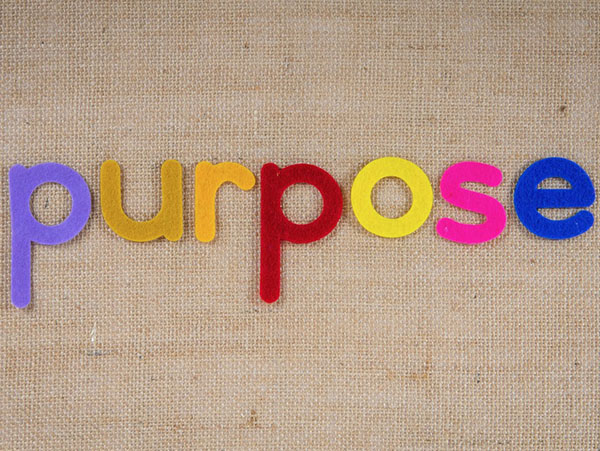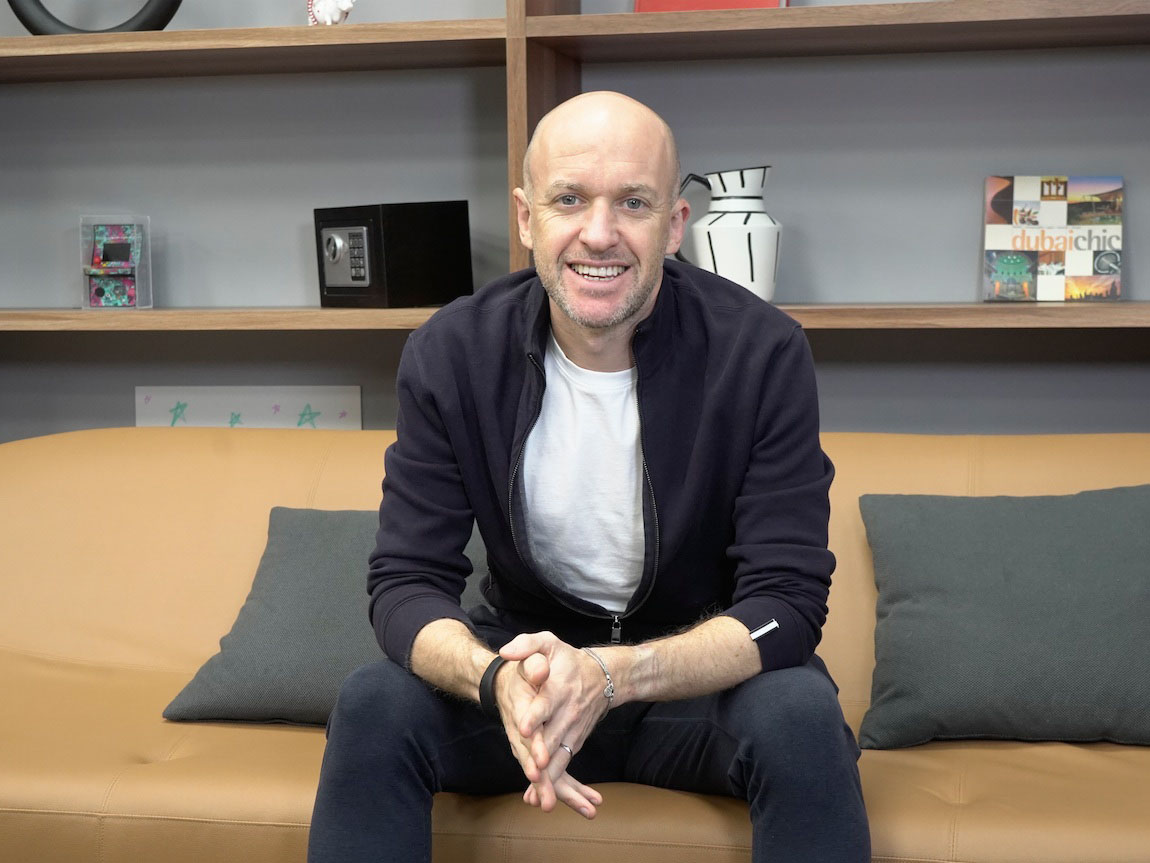Industry Talk
Bringing a film to life during the pandemic - An interview with Maria Ivanova
by Ghada Azzi
September 27, 2021
.jpg) Advertisement
AdvertisementMaria Ivanova was 22 when she started her first film company. Born in Moscow, she graduated from the Faculty of Journalism at Moscow State University and produced her first short film, The Last One, in 2013. She visited Lebanon for the first time in 2015 while directing a documentary about Syrian refugees, and finished shooting her debut feature, The Anger, in the country last year.
ArabAd caught up with her to discuss filmmaking, Lebanon, and what it takes to bring a film to life.
What drew you to Lebanese cinema and how did you end up working in the country?
In March last year, during the strict lockdown in Moscow, I wrote a screenplay in three weeks without leaving my home. The project was selected for several pitches, including the networking platform Frontières, which is part of Marché du Film. I initially chose the French-Lebanese actress Manal Issa for the lead role and wrote it for her. I chose some music (for example, Holm by Emel Mathlouthi) while I was writing the script. It helped me get ready for the film. Rehearsing and casting actors via Zoom was very difficult. It was particularly challenging to find an actor for the male lead. Nevertheless, I filmed my debut feature, The Anger, in Lebanon last year. Many people said that it would be impossible during the pandemic.
How would you describe your Lebanese journey?
Filming in Lebanon last summer was very challenging because of the quarantine and the explosion. What saved us was the fact that we changed the shooting schedule at the last minute. So it started not in the city, but in Kfar Falous, 40 kilometres away from Beirut. On the day of the explosion there were 70 people on set and everybody ran outside when the blast happened. I thought a war had broken out. The next day I gave everybody a day off and went to Beirut to film a documentary about the explosion. I was amazed that the whole of Lebanon came to Beirut to help restore the city. Because of what I saw in the days following the explosion, I made some changes to the film and added a new monologue for our female lead.
When I saw what had become of our shooting location in the city I was shocked. It was destroyed almost entirely. We had to postpone shooting for two weeks and repair the location. Thanks to the efforts of our art director and his team, the location was fully restored, and we continued filming. But a few days later riots started on the streets of Beirut and we didn’t know what it would lead to. Then lockdown started and we obtained a special permit to film at that time. Almost every day we took PCR tests and hoped that none of us would get sick. Basically, something happened every day. I don’t know how we ‘survived’ until the end of the project. Probably thanks to an incredible desire to finish the film, as well as the will and strong character of the Lebanese, Russians and French.
How did you initially come up with the idea for The Anger?
I was at the Berlin Film Festival in February 2020 when a terrorist attack happened and several Muslims were killed in a Turkish café in the city. This affected the screenplay of The Anger. The film is about the relationship between the West and the East and is told through the relationship between a woman and a man. The film is about a strong woman, about roots, faith and forgiveness. I worked on The Anger in a phenomenally short period of time. The whole production process – from idea to the end of post-production – took only nine months. This is short for a fiction film, but I’m used to never stopping and doing everything quickly.
What was your fundraising strategy for The Anger?
It is very difficult to be a producer, director and screenwriter simultaneously. I think it often happens with debuts. Producers have little trust in first-timers. They want to see several works that have had a festival run, preferably won some awards, and had good theatrical distribution. And then they decide whether to produce the next film of a newcomer or not. This approach is understandable. Producers don’t want to take risks. But at the same time, if a director’s first films become successful they will have a lot of offers. A producer will then wait in line.
I started looking for funding in February 2020 at the European Film Market, which takes place during the Berlin Film Festival. At the same time, we started submitting the project to pitches and laboratories and applying for grants. I had my own savings, which I spent on development. I think a producer should pay for development and then look for production funding. By April, I had five co-producers from Lithuania, Russia, Lebanon, France and Georgia. But the Covid-19 situation got worse and many producers started leaving the project. Two weeks before we were to submit the project to the French fund CNC, a French producer left. I had to rewrite the script and make it cheaper. However, it became even better and we arrived in Lebanon on 1st July and started pre-production. Nobody believed we would shoot a film in 2020.
Do you have any advice for filmmakers struggling with this issue?
I can give a few tips to young producers. You should interact more with different people because you never know where you’ll get support from. You should participate in film markets. There are about 10 big ones a year. From the beginning, even when you have a treatment, you should submit a project to grants, pitches, laboratories and then to post-production grants. You should use every opportunity to get funding, to talk about a project, to meet potential distributors and sales agents. A producer is a communications person. Even if you get 100 rejections, you shouldn’t give up because the 101st letter can work out. And don’t be afraid to contact festivals or pitches directly. They are often willing to be flexible on deadlines and sending additional material. And it is helpful to write a cover letter. It is important that they remember you specifically.
“Be able to only create… This is my dream now.”
Each of us has someone or something that inspires our life and work. Can you tell us what gives you ideas and inspires you to create a movie?
Sometimes I listen to someone’s story and, boom, I instantly get impressions, images, how it can be shot, what it will look like. For example, when my friend told me that in Lebanon there are people who don’t have a surname, nationality, religion, and have no right to study or work (known as ‘lakit’), I remember my reaction – shock and confusion. How could this be possible in the 21st century? I said right away that it would be my next film. I was able to understand what a human – who is only allowed to breath, who is invisible, who isn’t allowed to be a person – could feel. During the filming of the documentary episode of I’m not Lakit, my cinematographer and I came up with a lot of new ideas. It’s a great piece of luck when you have a kindred spirit. But in most cases I like to think over a project alone. You can’t predict when you will get a new idea; a new thought. It could happen during a massage (which, by the way, often happens to me) or when you are walking a dog.
What is the best advice that someone has given you?
If you are doing something right in your life, it will take care of itself. That’s the advice from my friend, the writer Boris Akunin. I was writing a screenplay following his outline. The key is discipline. You have to work on a script between 10am and 2pm, then take a break until 4pm, and then continue until 7pm. This way you can write seven to eight pages a day and have the first draft ready in two weeks.
What advice would you give to someone trying to break into the film industry?
We have a saying: “You kick them out the door, but they come back through the window.” Of course, that’s an exaggeration. It isn’t good to be overzealous and arrogant, but persistency and boldness are good qualities for a person who wants to dedicate their life to the film industry. You have to try, to aspire, to not give up and to go all the way. You must be able to stay strong, to recharge and under no circumstances should you pay attention to criticism; to those who don’t believe in you. Don’t waste your time. It is very important to find people who understand you and will be there for you. It could be your family, friends, partners. This is the key to success and to reliable support.
What’s next for you?
I want to spend some time in Moscow with my family and friends and to recharge. And then I will continue shooting the film in Lebanon. Of course, we also spend a lot of time meeting with co-producers, distributors, partners. But it is nothing like filming, which I love most. I want to find a producer for my future projects – a like-minded person who can take over producing, financing, the technical aspects. Then I would finally be able to only create. This is my dream now.


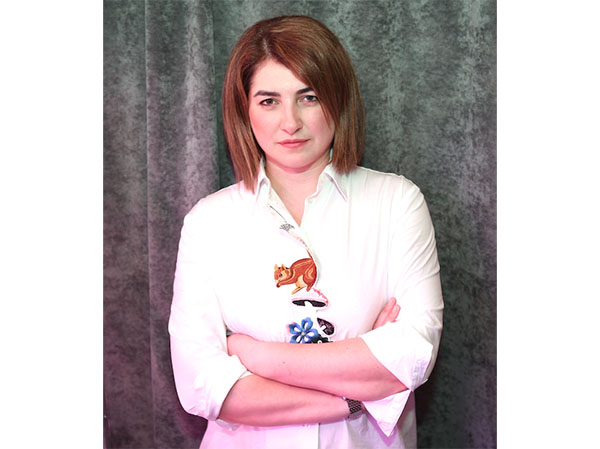
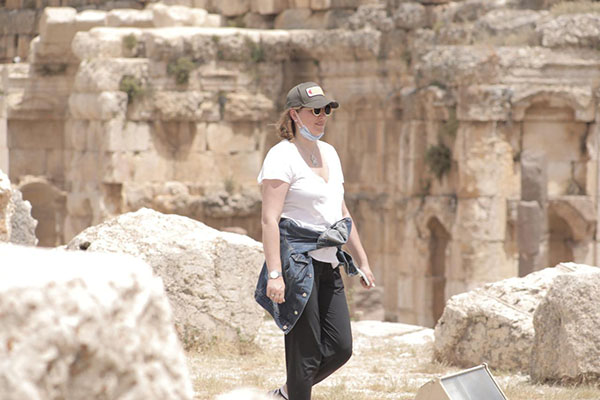
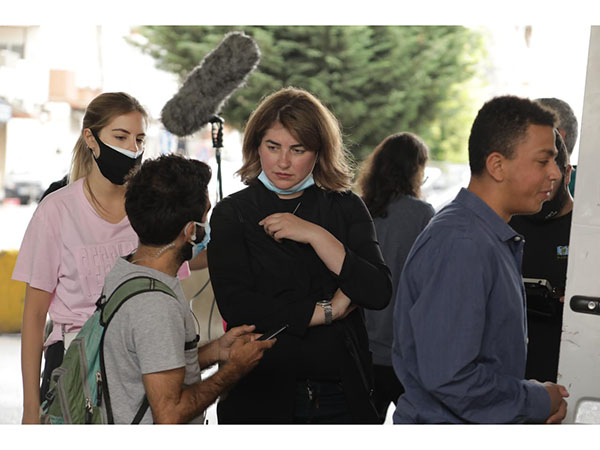
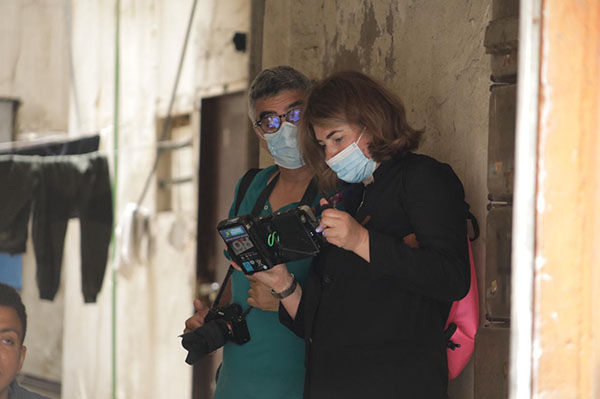
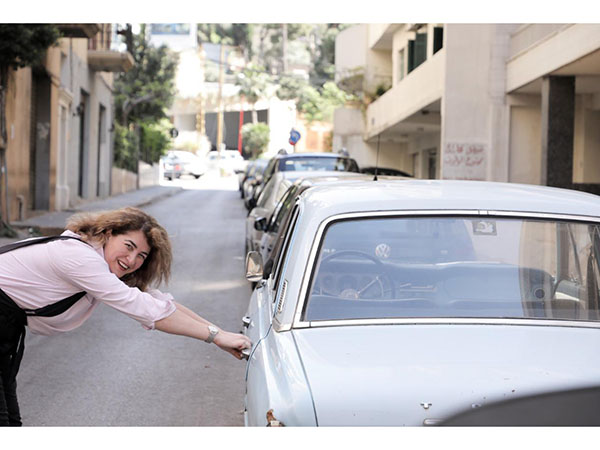
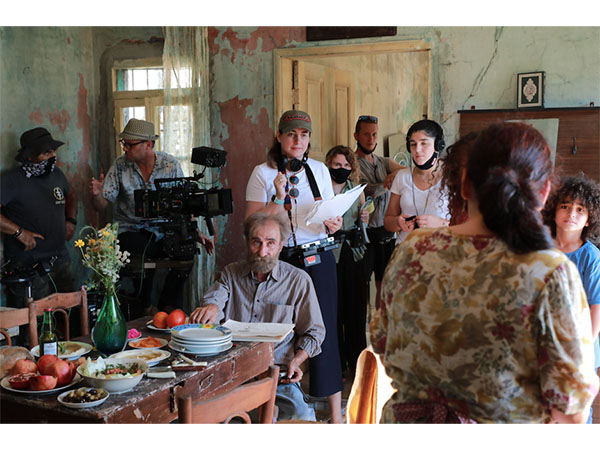
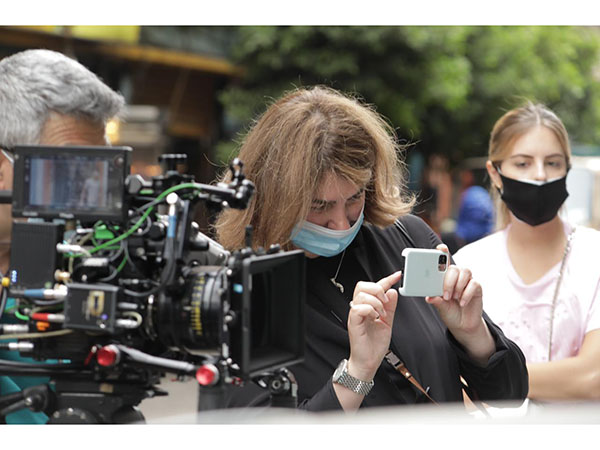
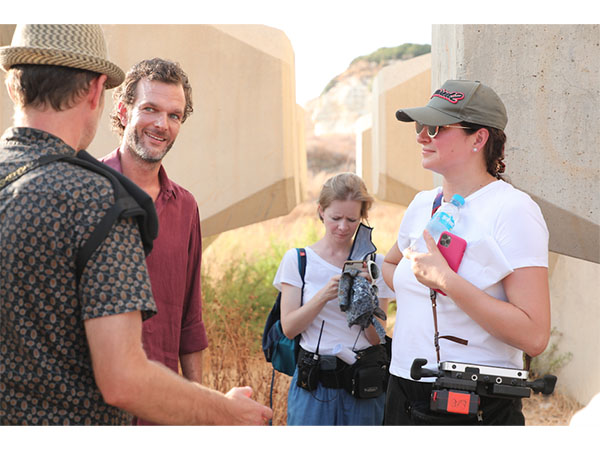
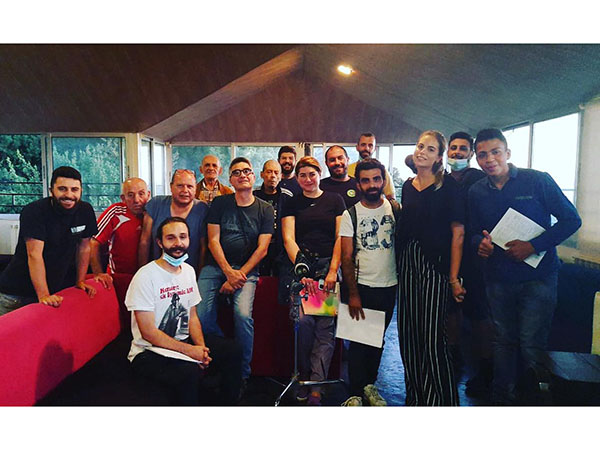
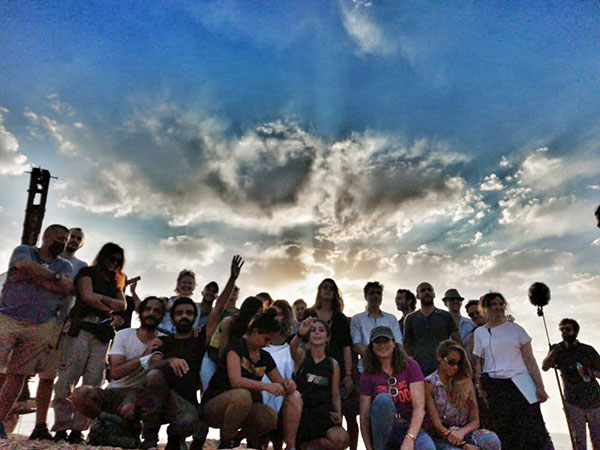
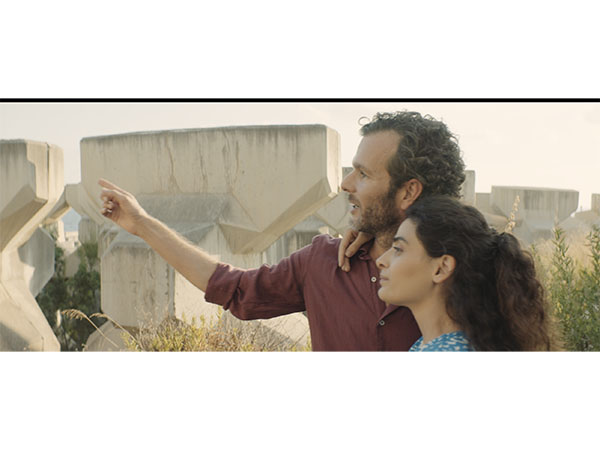
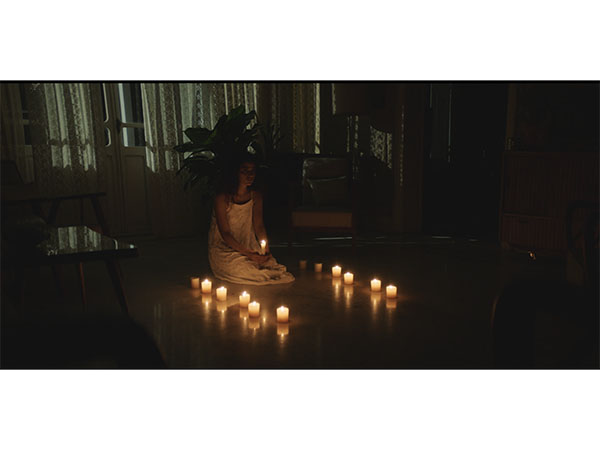
.jpg)
